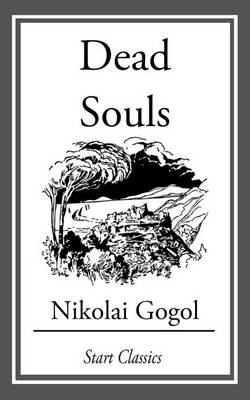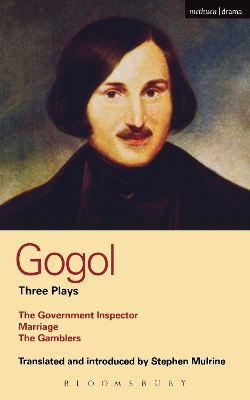World Classics
2 total works
Since its publication in 1842, Dead Souls has been celebrated as a supremely realistic portrait of provincial Russian life and as a splendidly exaggerated tale; as a paean to the Russian spirit and as a remorseless satire of imperial Russian venality, vulgarity, and pomp. As Gogol's wily antihero, Chichikov, combs the back country wheeling and dealing for "dead souls"--deceased serfs who still represent money to anyone sharp enough to trade in them--we are introduced to a Dickensian cast of peasants, landowners, and conniving petty officials, few of whom can resist the seductive illogic of Chichikov's proposition.
This collection contains Gogol's three completed plays The Government Inspector, which satirises a corrupt society was regarded by Nabokov as the greatest play in the Russian language and is still widely studied in schools and universities: "I resolved to gather into one heap everything that was bad in Russia which I was aware of at that time, all the injustices being perpetrated in those places, and in those circumstances that especially cried out for justice, and tried to hold them all up to ridicule, at one fell swoop." (Nikolai Gogol) Marriage is a comedy about the business of matchmaking and matrimony; The Gamblers is an exoriating piece about the excesses of the Moscow aristocracy."Two and two make five, if not the square root of five, and it all happens quite naturally in Gogol's world...Gogol was a strange creature, but then genius is always strange" (Vladimir Nabokov)

